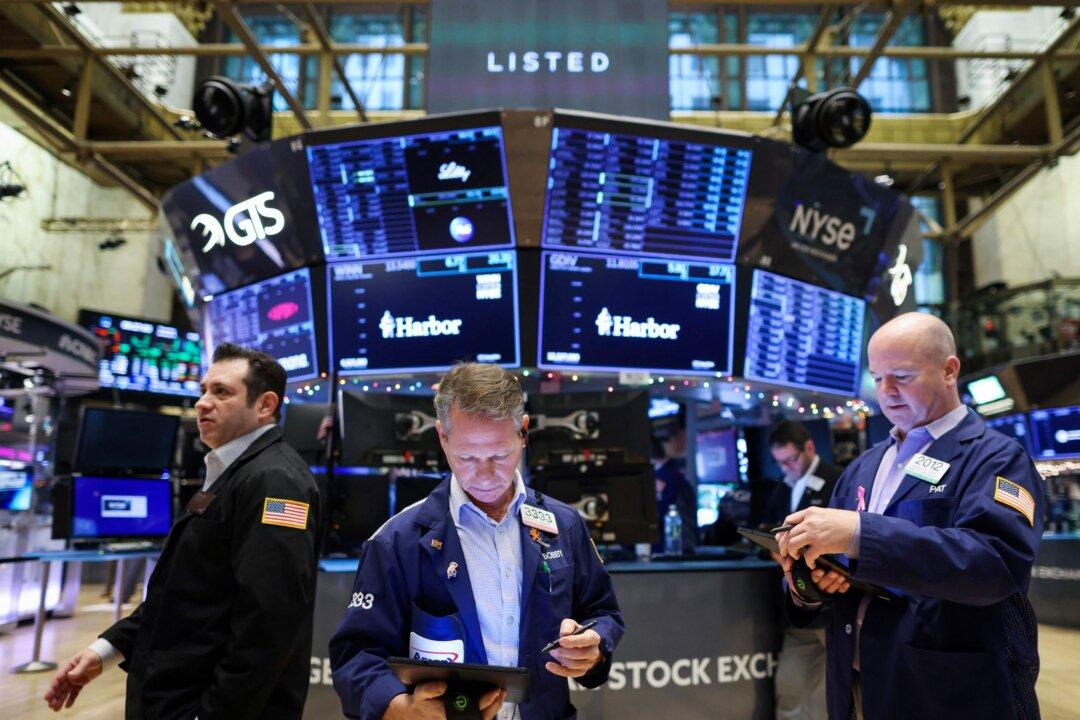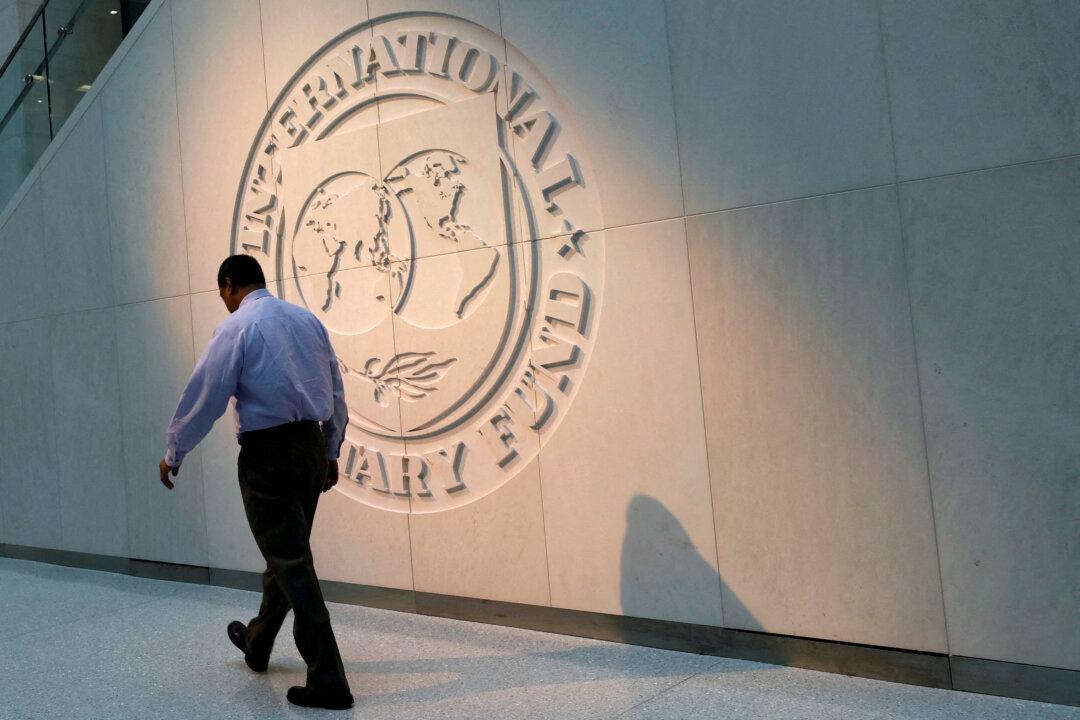Peter Schiff, chief economist and global strategist of Euro Pacific Asset Management, is famous for his bearish takes. A falling stock market, a deep recession, and a sovereign debt crisis were among his predictions in the past.
As the first trading week in January came to a close, The Epoch Times sat down with Schiff to get his outlook for the new year. According to the libertarian economist, the outlook is grim and driven by two factors: inflation and the Federal Reserve.




